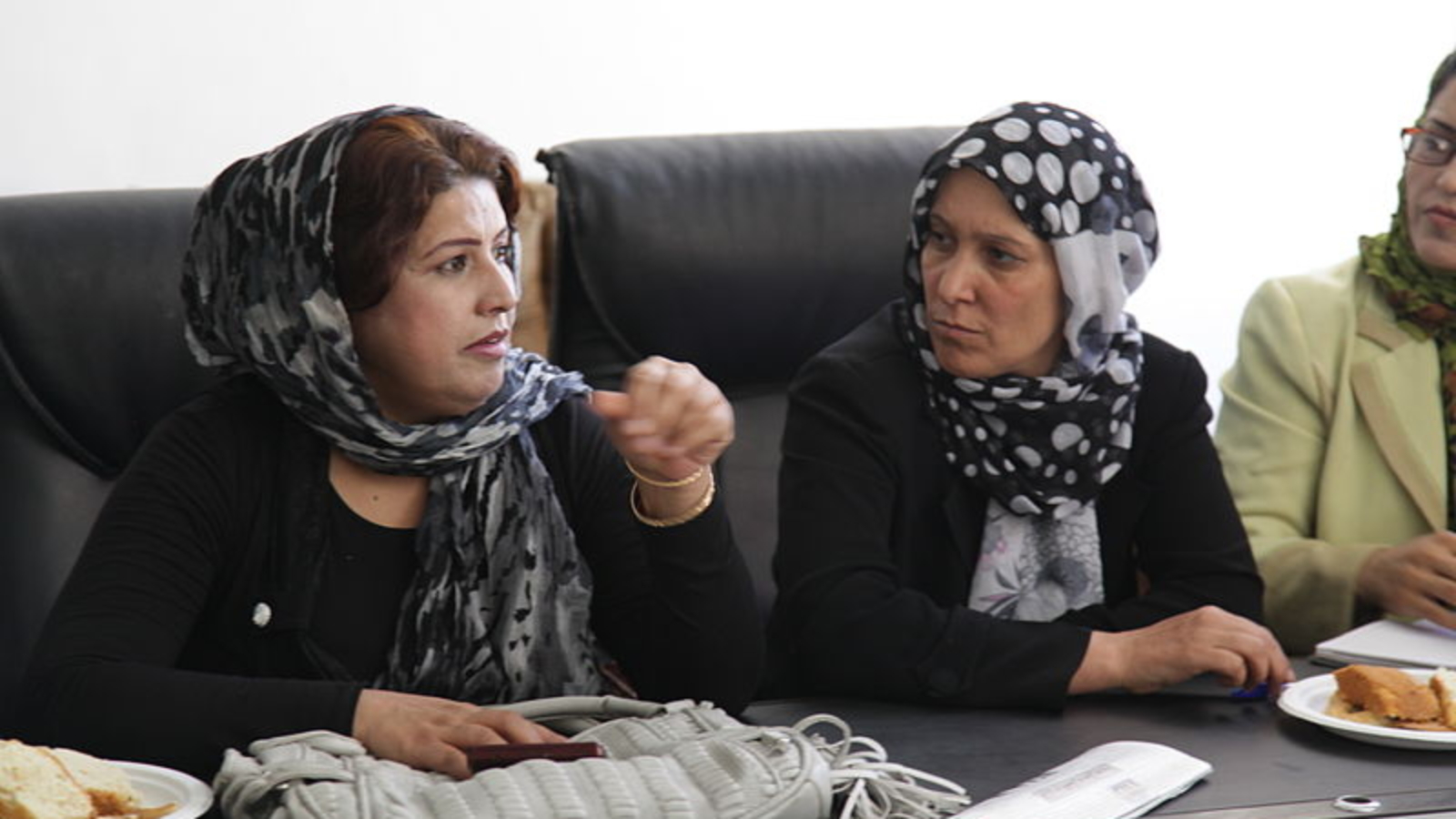Around the World
A resurgent Taliban is threatening the fragile progress achieved by Afghan NGOs and women’s groups since 2001. Liza Kane-Hartnett explores the recent rollbacks and encourages international partnerships to assist Afghan civil society in continuing to make gains.
In South Africa, the economy benefits from labor migration, yet the country’s policies to stop migration through increased deportations provide little opportunity for migrant access. Zaheera Jinnah argues for a multi-stakeholder approach to develop, facilitate, and manage an effective labor migration regime that protects workers and grows the economy.
Meanwhile, most international education funding is tied to long-term development projects, which cannot adequately address the immediate needs of children displaced by violence. Yaffa Fredrick argues that education funding must be provided both as emergency humanitarian relief and as development aid, so as not to let conflicts such as the war in Syria thwart the U.N. Sustainable Development Goal of universal primary and secondary education.
 Finally, in this week’s episode of World Policy On Air, Amy G. McDermott expands on her contribution to World Policy Journal‘s latest issue and sheds light on the dark side of the global food chain. She discusses food that is lost or wasted at various points along the supply chain, which according to a 2011 study by the Food and Agriculture Organization amounts to 32 percent of food produced across the globe.
Finally, in this week’s episode of World Policy On Air, Amy G. McDermott expands on her contribution to World Policy Journal‘s latest issue and sheds light on the dark side of the global food chain. She discusses food that is lost or wasted at various points along the supply chain, which according to a 2011 study by the Food and Agriculture Organization amounts to 32 percent of food produced across the globe.
Around the Institute
On Tuesday, Oct. 27, World Policy Institute is hosting a World Economic Roundtable on “The Entrepreneurial State: Debunking Public Vs. Private Sector Myths,” featuring Mariana Mazzucato, the RM Phillips Chair in the Economics of Innovation at the Science Policy Research Unit at the University of Sussex. Dr. Mazzucato will offer her thoughts on what she regards as the misleading myth of a lumbering, bureaucratic state versus a dynamic, innovative private sector. In a series of case studies, she will explain why the opposite is more often true: the private sector only finds the confidence to invest after an entrepreneurial state has made high-risk investments. The event is invitation only.
On Saturday, Nov. 7 at 11 AM, the World Policy Institute’s Program for African Thought will host a private curator-led tour of the Metropolitan Museum of Art’s exhibit Kongo: Power & Majesty. This landmark exhibition, described by the Wall Street Journal as “a display of rare and precious treasures,” brings together a stunning collection of masterworks from institutions around the world, including the most comprehensive collection of the iconic Mangaaka, or male power figures, to date. Taken together, the collection tells the story of the early interactions between Africa and Europe and shows, through Kongolese eyes, the changing dynamics of that interaction as slavery and colonialism took hold. The tour will be led by Alisa LaGamma, Ceil and Michael E. Pulitzer Curator in Charge of the Department of Arts of Africa, Oceania, and the Americas. Space is limited so please RSVP to rsvp@worldpolicy.org by Oct. 30.
Fellow Updates
Alon Ben-Meir writes for Huffington Post on the recent escalation of violence between Israelis and Palestinians.
Jonathan Cristol writes for MUNPlanet on how to approach intractable problems in world politics.
Patricia DeGennaro is quoted in Bloomberg discussing President Obama’s decision to keep U.S. forces in Afghanistan.
Erica Dingman’s article “Arctic Council Environmental Initiatives: Can the United States Promote Implementation?” appeared in the recently released 2015 edition of the peer reviewed journal Arctic Yearbook.
Kavitha Rajagopalan is speaking on the panel “Over-Exposed and Invisible: Writing the South Asian Muslim Experience” at the Second Annual Indo-American Arts Council Literary Festival. The session is from 10:45 to 11:45 a.m. on Sunday, Oct. 25 at Hunter College. Tickets can be purchased here.
Damaso Reyes is featured in a three-part podcast series on being black in Germany and Poland.
*****
*****
Don’t forget to sign up for our weekly newsletters to find out the latest from the pages and website of World Policy Journal. Whether your interests are in emerging markets, the environment, urban informality, or just the most insightful perspectives on global events from across the world, World Policy has you covered. Subscribe today!
[Photo courtesy of Wikimedia Commons]
